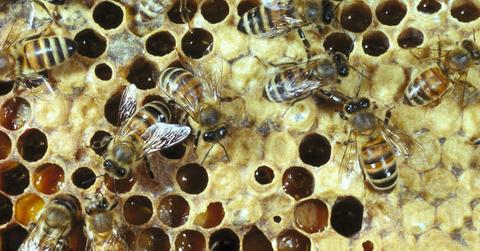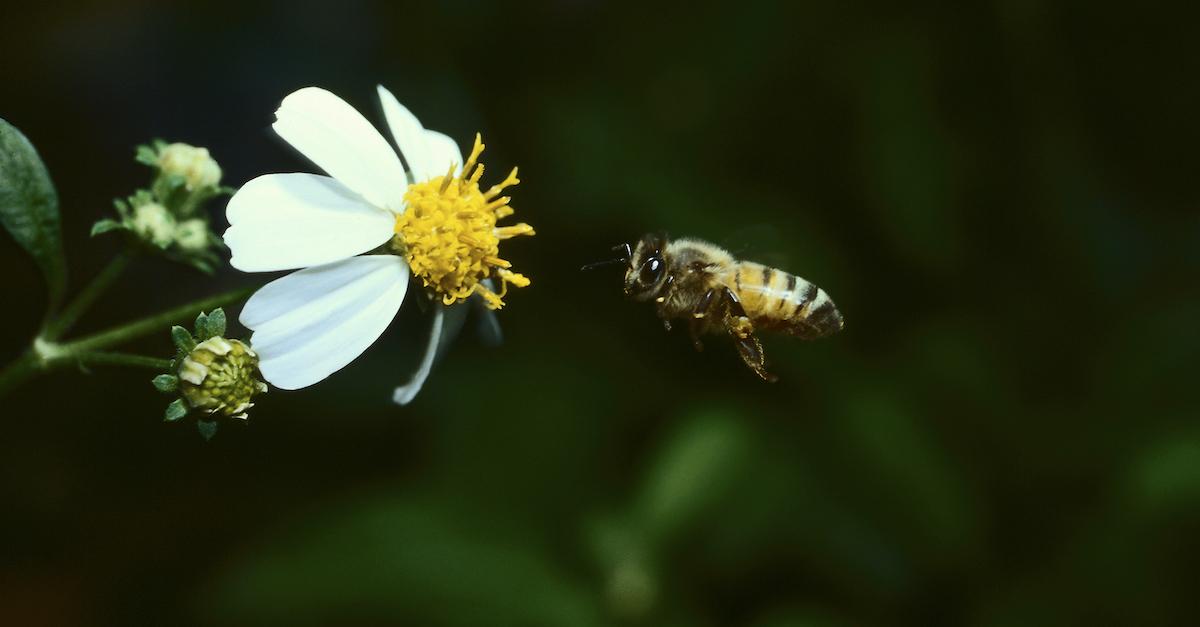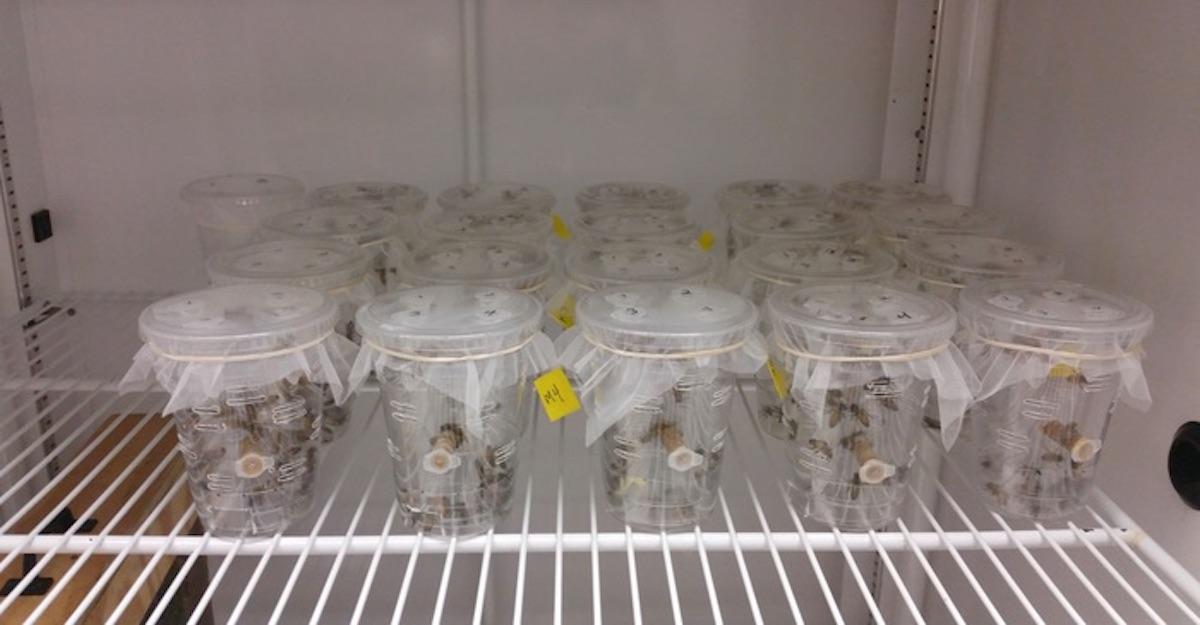Honeybees’ Lifespans Have Halved Since the 1970s, Even in Captivity
Published Nov. 15 2022, 3:09 p.m. ET

Climate enthusiasts know all too well about the issues plaguing our planet's bee population. Deforestation kills bee habitats while the honey industry ravages hives, one queen at a time. But a recent study even showed that the lifespans of honeybees have shortened significantly since the 1970s.
And because bees are imperative to life on Earth, this has been a seriously scary discovery.
"Colony turnover is an accepted factor in the beekeeping business, as bee colonies naturally age and die off," an excerpt from the press release from University of Maryland, where the research was conducted, reads. "But over the past decade, U.S. beekeepers have reported high loss rates, which has meant having to replace more colonies to keep operations viable."
"In an effort to understand why," it continues, "researchers have focused on environmental stressors, diseases, parasites, pesticide exposure and nutrition."

Why are honeybees' lives so much shorter now?
A new study, which was published in Scientific Reports, has found that lab-kept bees' lifespans have halved since the 1970s. While they used to live for upwards of a month (about 34 days on average), they now only live for around two weeks (about 17 days). But why is that the case?
According to Gizmodo, a team of scientists made this finding when investigating how lab bees are affected by different types of water (deionized, deionized with salt, and tap water).
The findings showed feeding the bees different types of water as opposed to just sugar water made them live longer. But while delving into the research, they found bees lived much longer in the '70s.
“We're isolating bees from the colony life just before they emerge as adults, so whatever is reducing their lifespan is happening before that point,” lead author of the study Anthony Nearman stated in the press release.
“This introduces the idea of a genetic component," he continues in the statement. "If this hypothesis is right, it also points to a possible solution. If we can isolate some genetic factors, then maybe we can breed for longer-lived honey bees.”
These results came as a surprise because lab animals are treated better now than they were then. Their declining lifespans have correlated with decreased honey production in the U.S. But more research is to be done to see what is driving this trend.

Despite improved standards for keeping honey bees in the lab, UMD research shows caged bees have shorter lifespans than they did 50 years ago, suggesting something other than environmental conditions could be causing higher rates of honey bee colony loss for commercial bee keepers.
Why are honeybees so important?
Honeybees aren't only essential to life on Earth because of the honey they produce — they're imperative to ecosystems and humankind alike. They drive our entire agricultural system. In fact, about a third of food we eat is pollinated by bees. This includes fruits, vegetables, soy, wheat, nuts... you name it.
But what's more, crops and plants that feed animals are also pollinated by bees. So vegans, vegetarians, and avid produce fans aren't the only ones who would be at a loss if bees went extinct. It would literally affect everyone on planet Earth.
That said, finding out why bee lifespans are declining is imperative. And something tells us climate change is to blame.